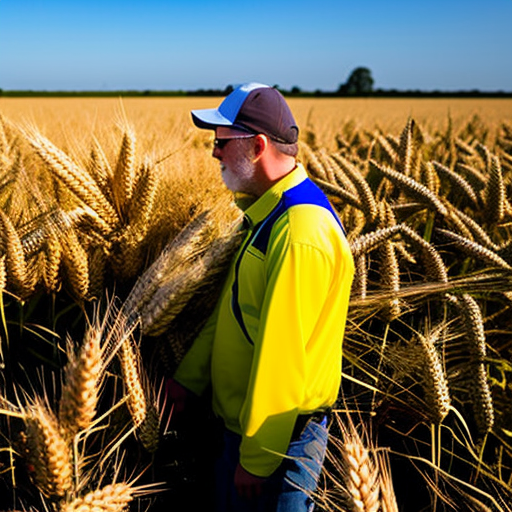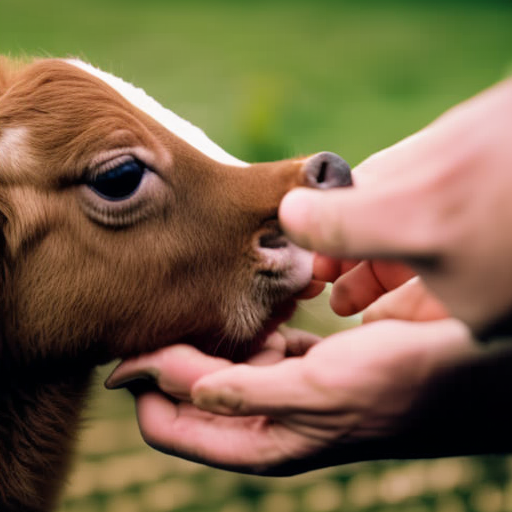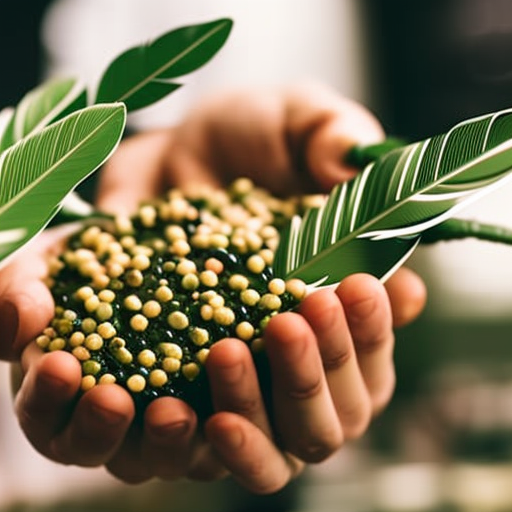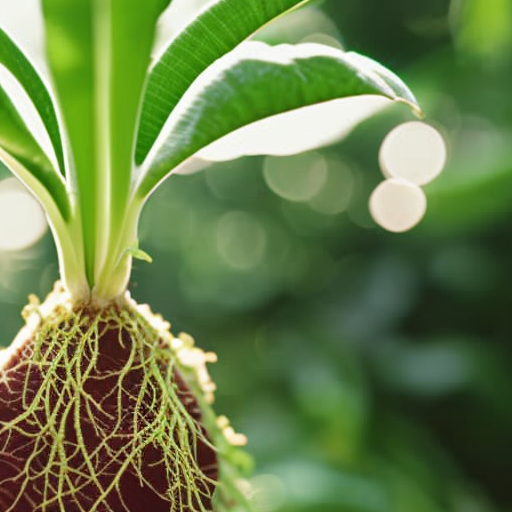Summary:
Crop science is a multidisciplinary field that focuses on the study of plants and their cultivation for food, fiber, and other uses. It encompasses various aspects such as plant breeding, genetics, physiology, agronomy, and pest management. The goal of crop science is to improve crop productivity, quality, and sustainability to meet the growing global demand for food.
Plant Breeding:
Plant breeding is a crucial aspect of crop science that involves the development of new plant varieties with desirable traits. This process aims to enhance crop yield, resistance to diseases and pests, and tolerance to environmental stresses. Plant breeders use various techniques, including traditional breeding methods, genetic engineering, and genomic selection, to create improved crop varieties.
Genetics and Genomics:
Understanding the genetic makeup of crops is essential for crop improvement. Genetic studies help identify genes responsible for important traits and enable breeders to develop crops with desired characteristics. Advances in genomics have revolutionized crop science by providing tools for genome sequencing, gene mapping, and marker-assisted selection. These techniques have accelerated the breeding process and allowed for the development of genetically improved crops.
Plant Physiology:
Plant physiology focuses on understanding the physiological processes that occur in plants, such as photosynthesis, respiration, and nutrient uptake. This knowledge helps optimize crop growth and development by providing insights into how plants respond to environmental factors. Plant physiologists study plant-water relations, nutrient cycling, and stress physiology to develop strategies for improving crop productivity and resilience.
Agronomy:
Agronomy is the science of crop production and management. It involves studying soil fertility, crop rotation, irrigation, and crop nutrition to maximize yields and minimize environmental impacts. Agronomists work on optimizing planting densities, fertilizer application, and pest control strategies to ensure sustainable and efficient crop production.
Pest Management:
Pests, including insects, diseases, and weeds, pose significant threats to crop productivity. Crop scientists develop integrated pest management strategies to control pests effectively while minimizing the use of chemical pesticides. This approach involves the use of biological control agents, crop rotation, resistant varieties, and cultural practices to reduce pest damage and maintain crop health.
Sustainable Agriculture:
Crop science plays a vital role in promoting sustainable agriculture practices. Sustainable agriculture aims to meet the current needs for food production while preserving the environment and ensuring the well-being of future generations. Crop scientists work on developing environmentally friendly farming practices, such as conservation tillage, precision farming, and organic farming, to minimize the use of non-renewable resources and reduce the environmental impact of agriculture.
Future Directions:
The field of crop science is continuously evolving, driven by advancements in technology and the need to address global challenges such as climate change and food security. Future research in crop science will focus on developing crops with improved nutritional content, enhanced tolerance to abiotic stresses, and increased resistance to emerging pests and diseases. Additionally, the integration of digital technologies, such as remote sensing, precision agriculture, and big data analytics, will revolutionize crop management practices and enable more efficient and sustainable food production.
In conclusion, crop science encompasses various disciplines and plays a crucial role in improving crop productivity, quality, and sustainability. Through plant breeding, genetics, physiology, agronomy, and pest management, crop scientists strive to develop crops with desirable traits, optimize crop production practices, and mitigate environmental impacts. The future of crop science lies in the development of innovative technologies and sustainable farming practices to meet the growing global demand for food.












